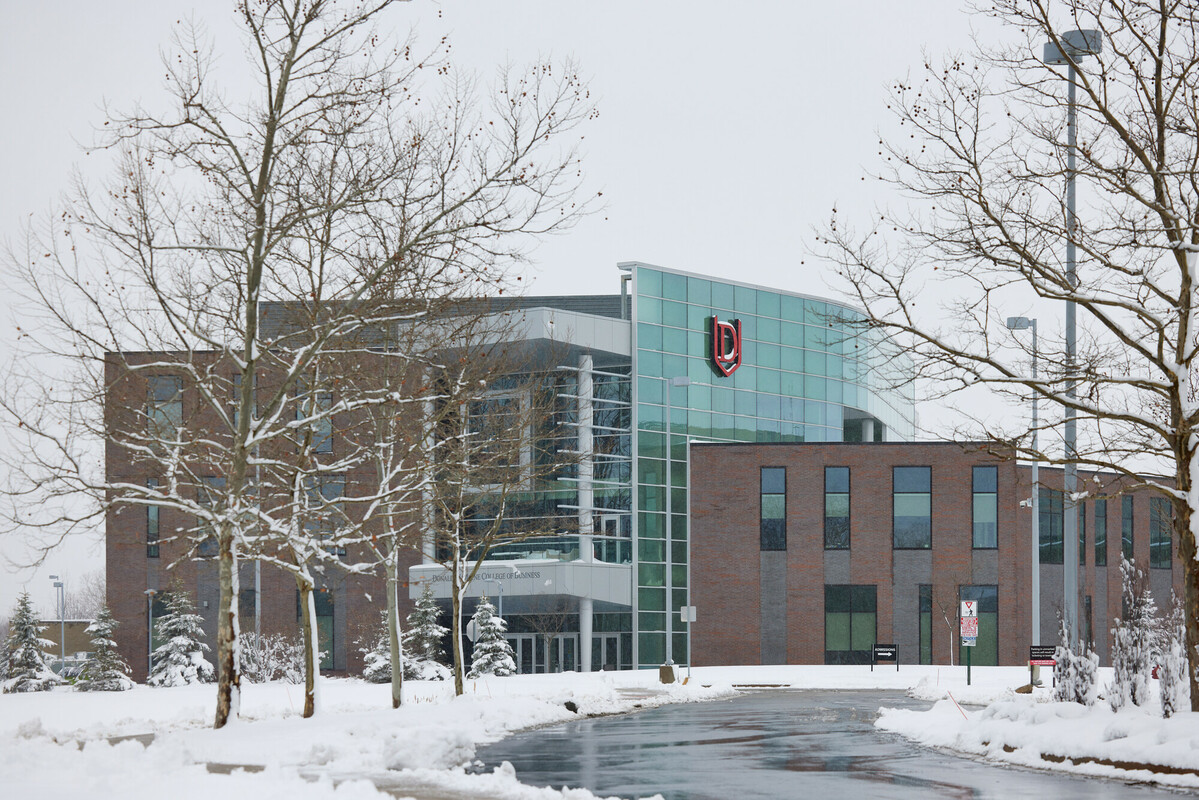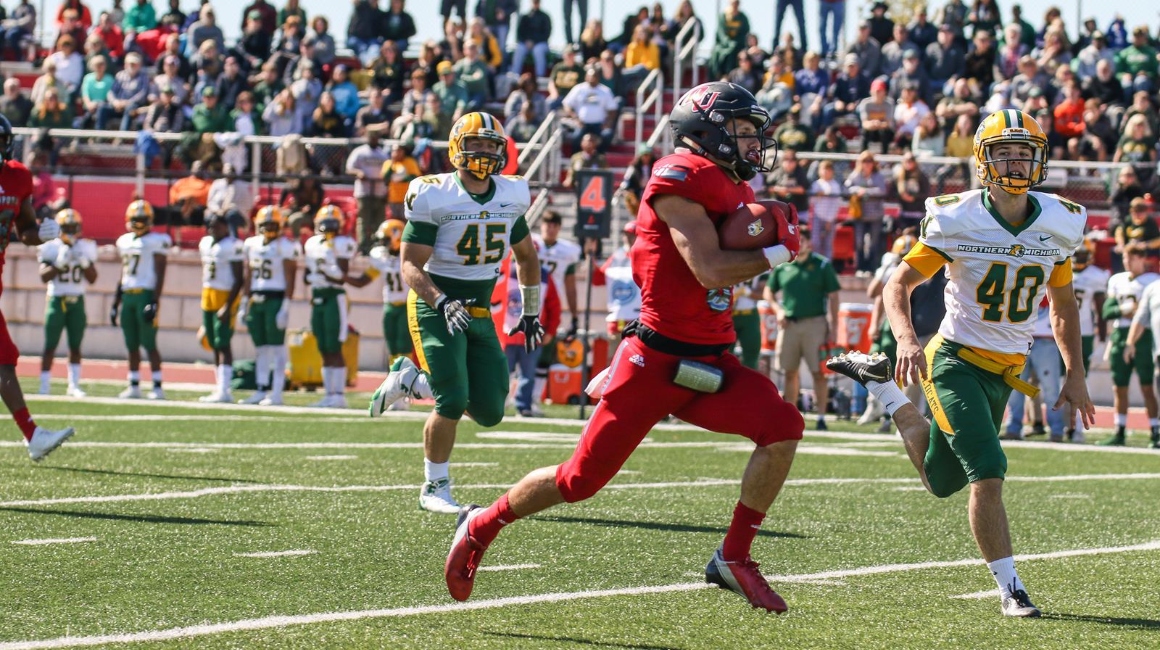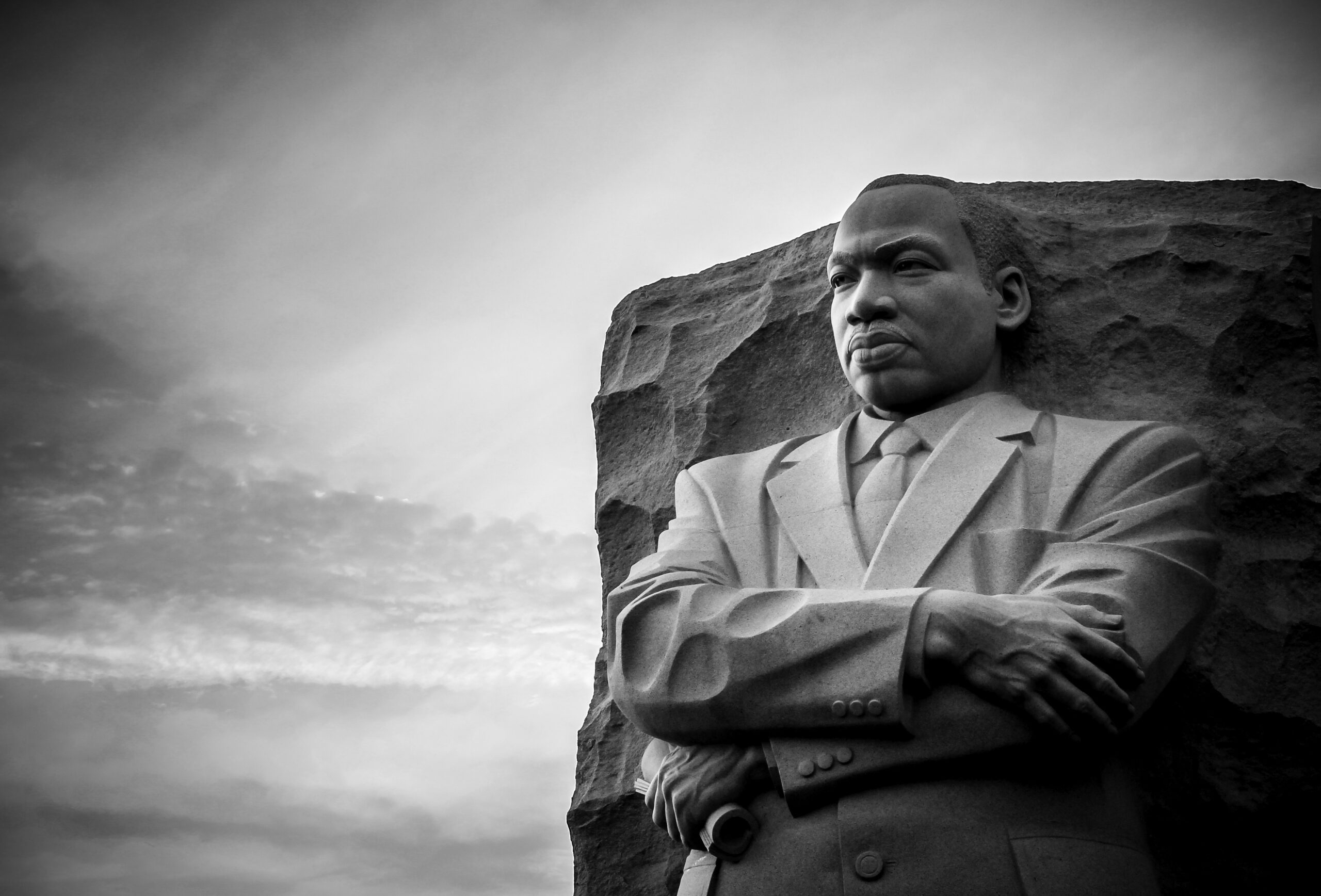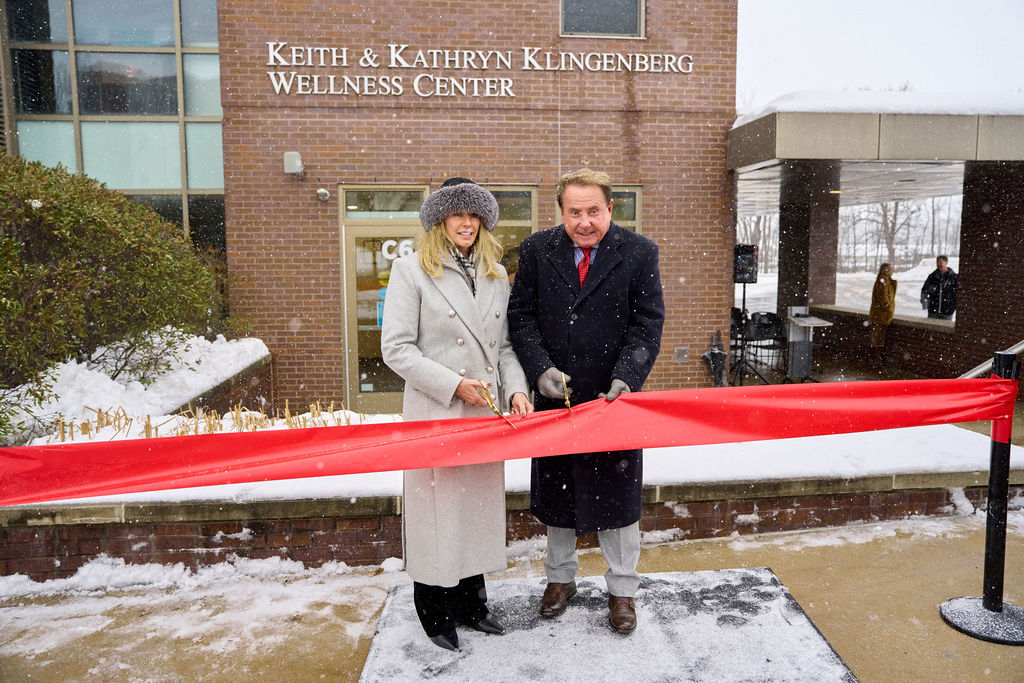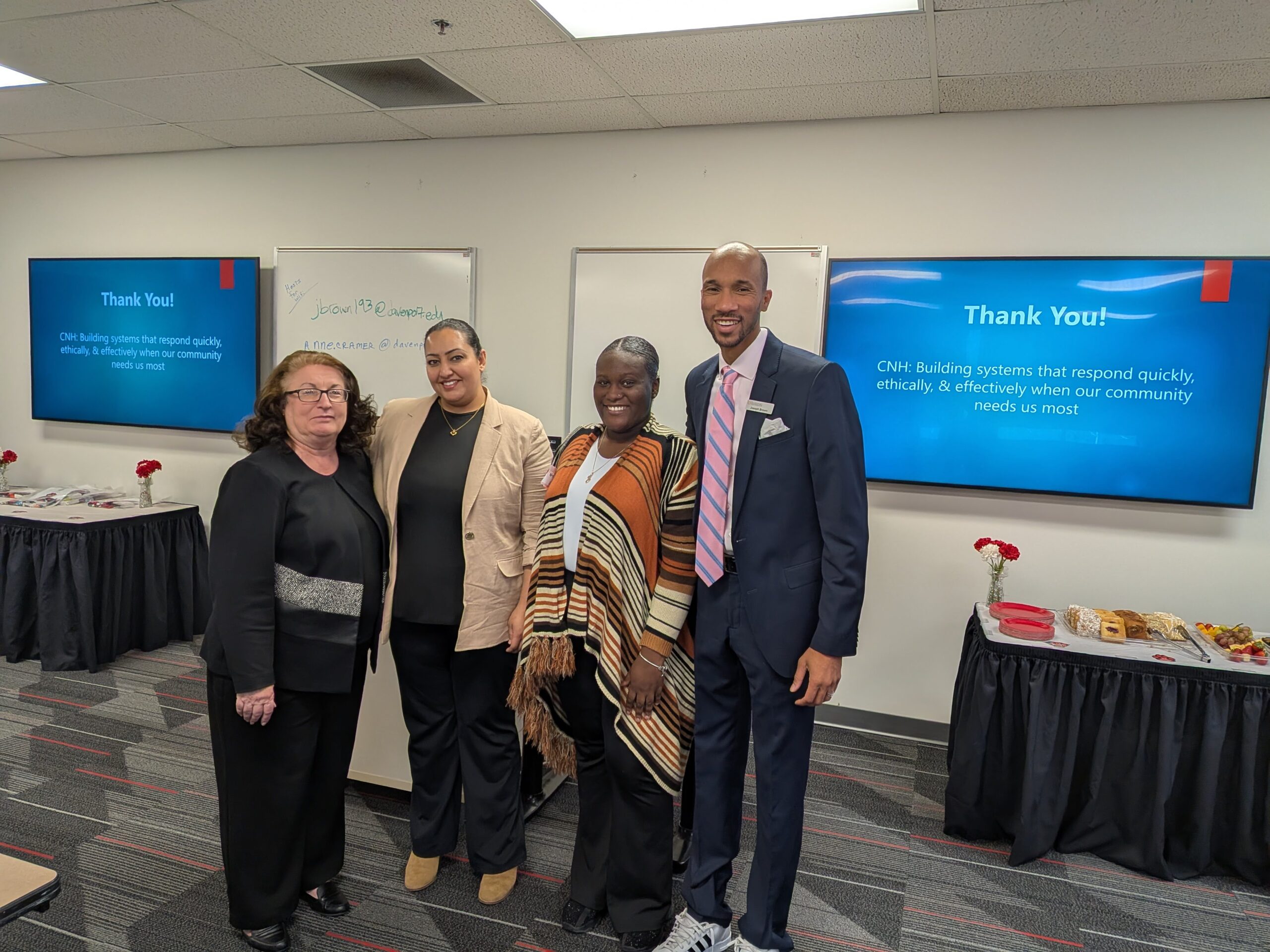This is one of a series of articles during April, Occupational Therapy Month.
At Davenport University, the faculty in the Master of Science in Occupational Therapy (MSOT) program aren’t just teaching from textbooks, they’re bringing firsthand, clinical experience into every lecture, lab and mentorship session.
This commitment is one of the program’s biggest differentiators, according to students and faculty alike. “It’s not just that our professors are experienced,” said MSOT student Autumn Ludwig. “They’re still out there in the field, seeing clients, and they bring that real-world perspective into the classroom. Hearing their stories gives you a much better sense of what you’ll actually be doing after graduation.”
Experts in Action
MSOT professor Dr. Barbra Katerberg specializes in early intervention and pediatrics. She maintains a private practice where she works with infants and children up to age three, and that hands-on experience regularly finds its way into her lessons. “I usually carry about five or six clients at a time,” she explains. “They provide me with clinical exposure, stories and case studies that I use in my teaching.”
Katerberg often incorporates video clips, assessment examples and real case notes into her classroom instruction. “I’ll say, here’s an evaluation, here’s a client, here’s a video — now apply what you’re learning. It gives students a full-circle understanding of how theory becomes practice.”
Another faculty member, Stephanie Tamminga, is a certified hand therapist and specialist in upper extremity rehabilitation. She uses her clinical background to reinforce the importance of empathy and professionalism during patient interactions.
“Students will hear a patient say, ‘I’m at a five out of ten for pain,’ and they’ll respond, ‘Great!’” Tamminga said, “It’s not great that someone’s in pain. So I help students learn how to respond appropriately, to match the patient’s level of concern. They already come with empathy, they just need to learn how to apply it.”
Mental and Behavioral Health Expertise
Professor Jenni Bingman, who has been with the MSOT program for more than a decade, brings expertise in mental and behavioral health, helping students understand emotional regulation, stress management, and therapeutic strategies. She credits Davenport’s innovative mindset with giving her the freedom to develop truly engaging experiences.
“I’ve been able to do some really cool things with our students that I don’t think I could’ve done at a larger university,” Bingman says. “We’ve hosted guest speakers, run mental health trainings and offered experiential learning that really sticks with students.”
Nearly 200 MSOT students have been through Bingman’s classroom in the past 10 years, a true testament to her passion for teaching.
A Model for Mentorship
One of the most impactful ways MSOT faculty support their students is through Davenport’s built-in mentorship model. Every student is matched with a faculty mentor who serves as a personal and professional guide throughout the program.
Second year MSOT student Grace Boeve says the mentorship surprised her in the best way. “From the outside, I thought it would be formal, but it’s actually really personal,” she said of her time with her mentor. “She knows what I care about outside of class. That kind of support means a lot.”
The mentorship program was created with intention, says Dr. Theresa Leto, Chair of the MSOT program, “Some students hesitate to take initiative. They’re afraid to make a mistake. Mentors help them build confidence — whether it’s learning to communicate professionally or applying for a competitive fellowship at Johns Hopkins University.”
Professor Bingman agrees. “Sometimes students just need someone to check in with. I’ve helped students find emergency funding for medication or navigate being a single parent on fieldwork. That kind of support can make all the difference.” Being a mentor is one of Bingman’s favorite roles as an MSOT professor.
Education Grounded in Advocacy
Davenport’s MSOT professors also ensure that students graduate with a strong sense of advocacy and purpose, which is a core part of the curriculum. “When we teach the code of ethics, it’s not just a checklist,” said Leto. “We show students what it really means to advocate for vulnerable populations.”
That message has stuck with students like Melissa Wanink. “We went to Lansing for OT Lobby Day to advocate for better access to care. It lit a fire in me. I want advocacy to be part of my career. There are so many underserved communities that need a voice.”
Professors also provide opportunities for hands-on service in the community. Since 2007, MSOT students have participated in the AgriAbility Project during the annual Food and Vegetable Growers Expo in Grand Rapids. There, students assess aging farmers’ mobility and strength and provide therapeutic support, “It’s a chance for them to apply classroom knowledge in a very real and meaningful way,” says Leto.
Those experiences are an extension of the MSOT program’s goal of not just real-world learning, but also the importance of being a community focused occupational therapist.
Rooted in Real-World Purpose
As Davenport University continues to streamline its MSOT curriculum for faster degree completion, the program’s foundation remains strong: real-world faculty, personalized mentorship and a mission-driven approach to training the next generation of occupational therapists.
And the results speak for themselves. “We have a 100% graduation rate,” said Leto. “Our mission is to help students hit the ground running and we’re doing exactly that.”
For more information on Davenport University’s Master of Science in Occupational Therapy program, visit davenport.edu/msot.
Share This Story!
This is one of a series of articles during April, Occupational Therapy Month.
At Davenport University, the faculty in the Master of Science in Occupational Therapy (MSOT) program aren’t just teaching from textbooks, they’re bringing firsthand, clinical experience into every lecture, lab and mentorship session.
This commitment is one of the program’s biggest differentiators, according to students and faculty alike. “It’s not just that our professors are experienced,” said MSOT student Autumn Ludwig. “They’re still out there in the field, seeing clients, and they bring that real-world perspective into the classroom. Hearing their stories gives you a much better sense of what you’ll actually be doing after graduation.”
Experts in Action
MSOT professor Dr. Barbra Katerberg specializes in early intervention and pediatrics. She maintains a private practice where she works with infants and children up to age three, and that hands-on experience regularly finds its way into her lessons. “I usually carry about five or six clients at a time,” she explains. “They provide me with clinical exposure, stories and case studies that I use in my teaching.”
Katerberg often incorporates video clips, assessment examples and real case notes into her classroom instruction. “I’ll say, here’s an evaluation, here’s a client, here’s a video — now apply what you’re learning. It gives students a full-circle understanding of how theory becomes practice.”
Another faculty member, Stephanie Tamminga, is a certified hand therapist and specialist in upper extremity rehabilitation. She uses her clinical background to reinforce the importance of empathy and professionalism during patient interactions.
“Students will hear a patient say, ‘I’m at a five out of ten for pain,’ and they’ll respond, ‘Great!’” Tamminga said, “It’s not great that someone’s in pain. So I help students learn how to respond appropriately, to match the patient’s level of concern. They already come with empathy, they just need to learn how to apply it.”
Mental and Behavioral Health Expertise
Professor Jenni Bingman, who has been with the MSOT program for more than a decade, brings expertise in mental and behavioral health, helping students understand emotional regulation, stress management, and therapeutic strategies. She credits Davenport’s innovative mindset with giving her the freedom to develop truly engaging experiences.
“I’ve been able to do some really cool things with our students that I don’t think I could’ve done at a larger university,” Bingman says. “We’ve hosted guest speakers, run mental health trainings and offered experiential learning that really sticks with students.”
Nearly 200 MSOT students have been through Bingman’s classroom in the past 10 years, a true testament to her passion for teaching.
A Model for Mentorship
One of the most impactful ways MSOT faculty support their students is through Davenport’s built-in mentorship model. Every student is matched with a faculty mentor who serves as a personal and professional guide throughout the program.
Second year MSOT student Grace Boeve says the mentorship surprised her in the best way. “From the outside, I thought it would be formal, but it’s actually really personal,” she said of her time with her mentor. “She knows what I care about outside of class. That kind of support means a lot.”
The mentorship program was created with intention, says Dr. Theresa Leto, Chair of the MSOT program, “Some students hesitate to take initiative. They’re afraid to make a mistake. Mentors help them build confidence — whether it’s learning to communicate professionally or applying for a competitive fellowship at Johns Hopkins University.”
Professor Bingman agrees. “Sometimes students just need someone to check in with. I’ve helped students find emergency funding for medication or navigate being a single parent on fieldwork. That kind of support can make all the difference.” Being a mentor is one of Bingman’s favorite roles as an MSOT professor.
Education Grounded in Advocacy
Davenport’s MSOT professors also ensure that students graduate with a strong sense of advocacy and purpose, which is a core part of the curriculum. “When we teach the code of ethics, it’s not just a checklist,” said Leto. “We show students what it really means to advocate for vulnerable populations.”
That message has stuck with students like Melissa Wanink. “We went to Lansing for OT Lobby Day to advocate for better access to care. It lit a fire in me. I want advocacy to be part of my career. There are so many underserved communities that need a voice.”
Professors also provide opportunities for hands-on service in the community. Since 2007, MSOT students have participated in the AgriAbility Project during the annual Food and Vegetable Growers Expo in Grand Rapids. There, students assess aging farmers’ mobility and strength and provide therapeutic support, “It’s a chance for them to apply classroom knowledge in a very real and meaningful way,” says Leto.
Those experiences are an extension of the MSOT program’s goal of not just real-world learning, but also the importance of being a community focused occupational therapist.
Rooted in Real-World Purpose
As Davenport University continues to streamline its MSOT curriculum for faster degree completion, the program’s foundation remains strong: real-world faculty, personalized mentorship and a mission-driven approach to training the next generation of occupational therapists.
And the results speak for themselves. “We have a 100% graduation rate,” said Leto. “Our mission is to help students hit the ground running and we’re doing exactly that.”
For more information on Davenport University’s Master of Science in Occupational Therapy program, visit davenport.edu/msot.
Share This Story!
Stay connected!
Get the latest Davenpost News delivered to your inbox!
Related Stories
Davenport University is hosting Camp Infinity - a technology summer camp for girls entering 5th through 8th grades this fall. [...]
As seen on the Davenport University Panthers website. Wolfram becomes the first Panther to make a 40-man roster in MLB [...]
An interview with Nate Couturier, Panther record-breaker and Academic All-American Couturier is one of just four wide receivers in the [...]
Latest Stories
Davenport University partners with Grand Valley State University and Grand Rapids Community College on the community-wide MLK day celebration on [...]
Davenport President Richard J. Pappas addresses attendees. Davenport University leaders, trustees, employees and guests gathered December 10 on [...]
Pictured from left to right: Susan Crkovski, executive campus director-Warren; Davenport student Jeryn Washington, BSN Pre-Licensure program; Davenport student Manar [...]



